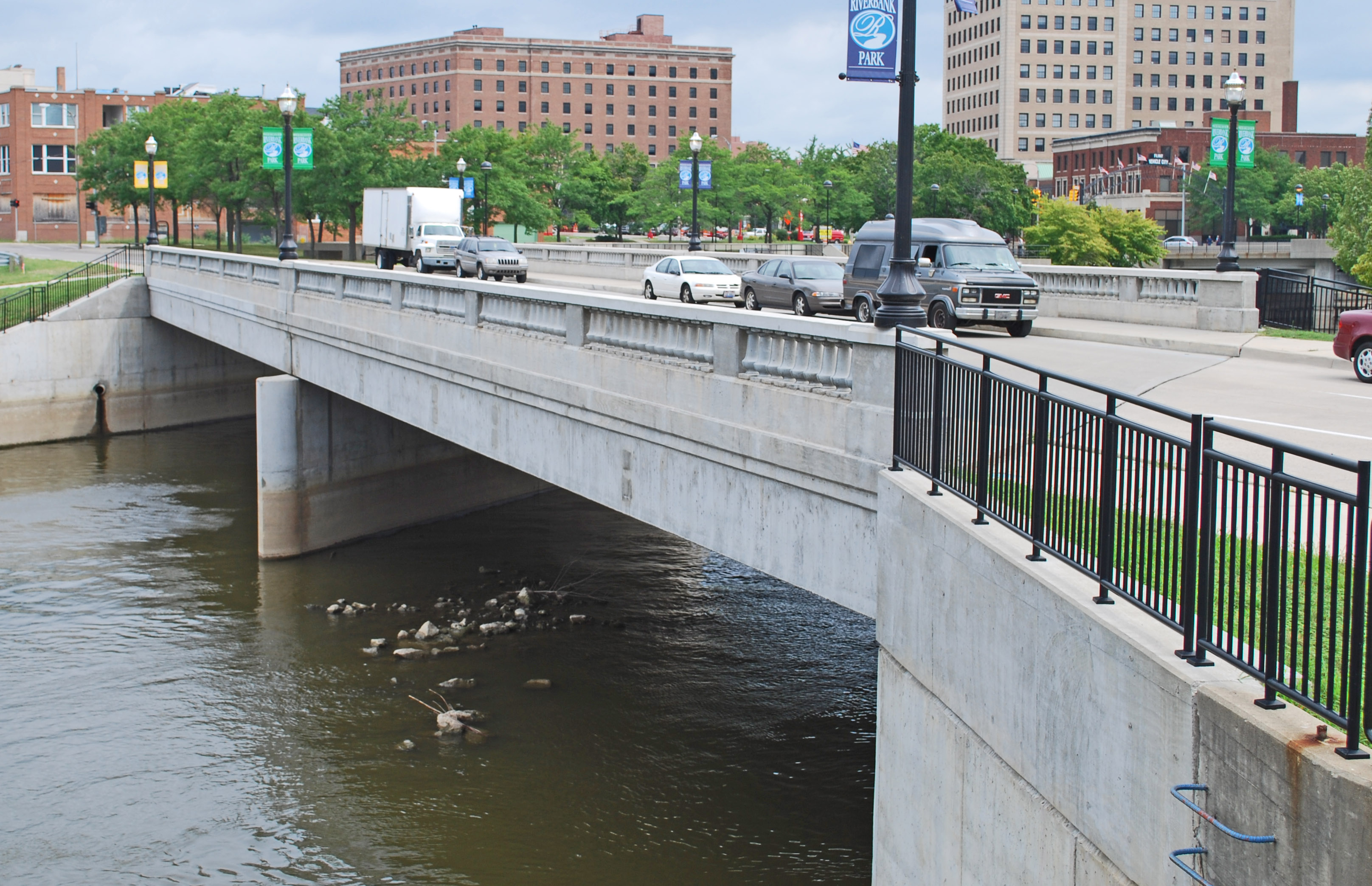You Need To Know About Flint, Michigan's Water Problem
By:
Flint, Michigan is facing a crisis over lead pollution in its water supply. In fact, it's in a state of emergency.
Problems began for the city in April of 2014, when the city switched water supplies as a cost cutting measure. But the supply they switched to was much more polluted and corrosive.
Here are three things you should know about the ongoing water problem there.
Also: America Has an Affordable Housing Crisis
 By U.S. Army Corps of Engineers, photographer not specified or unknown [Public domain], via Wikimedia Commons - wikimedia.org
By U.S. Army Corps of Engineers, photographer not specified or unknown [Public domain], via Wikimedia Commons - wikimedia.org
1. It's been declared a state of emergency.
 Michigan.gov - michigan.gov
Michigan.gov - michigan.gov
Earlier this week, Michigan Governor Rick Snyder declared a state of emergency over the elevated levels of lead found in its general water supply. The announcement was the latest acknowledgement of an ongoing public health crisis that has plagued the Rust Belt city since officials there switched water sources last April to cut costs.
Snyder wrote a statement released shortly before the declaration:
"I want the Flint community to know how very sorry I am that this happened. And I want all Michigan citizens to know that we will learn from this experience, because Flint is not the only city that has an aging infrastructure."
Related: California Gov. Jerry Brown Declares State of Emergency Over Methane Leak
Lead contamination in Flint's water started when the city switched sourcing water from the same supply Detroit uses, to the Flint River. That high-salt-content water apparently corroded the pipes, leeching lead into the city's drinking water. It also contained copper and bacteria, NBC News reported.
2. The U.S. Justice Department is investigating the contamination.
Although the city switched back to the Detroit water, officials are on alert about the spread of the toxic substance, which can lead to stunted growth, behavioral problems, and permanent brain damage in young people.
On the same day as Snyder declared a state of emergency over the lead, the U.S. Attorney's Office in Michigan, a branch of the Justice Department, said they were opening an investigation into the matter.

Related: 2015 Was the Second Hottest Year on Record in the U.S.
"In an effort to address the concerns of Flint residents, the United States Attorney's Office for the eastern district of Michigan is working closely with the EPA in the investigation of the contamination of the City of Flint's water supply," a spokesperson for the office told the Detroit Free Press.
According to the Michigan branch of the American Civil Liberties Union, which first announced the Justice Department investigation, the federal probe into the crisis is "unusual."
ATTN: reached out to the attorney's office, but did not hear back before publishing this story.
3. Officials may have delayed action on the crisis.
The water contamination crisis has not surprisingly led to political shakeups and controversy.
Last week, the governor's office announced the resignation of Dan Wyant, the director of Michigan's Department of Environmental Quality. The agency was blamed by a special task force for failing to address the situation, despite research and public concern early on.
Also: Why Oregon Officials Aren't Rushing to Stop the Armed Militiamen
But it's unclear when Gov. Rick Snyder first knew about the crisis. Though Snyder said this week that the public would have to wait for a final report on the crisis, emails obtained by researchers at Virginia Tech showed that Synder's office may have known about the crisis months ago. Pressed about the emails at a press conference, Snyder refused to provide specifics, NBC reported.
